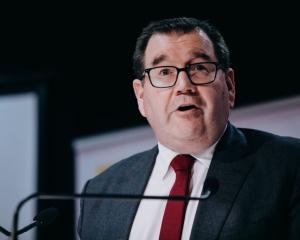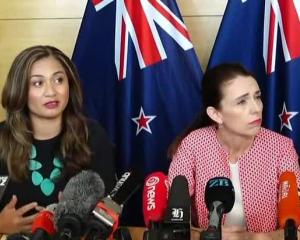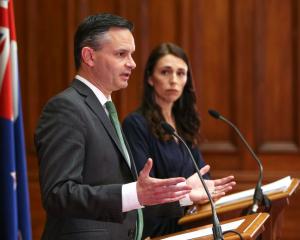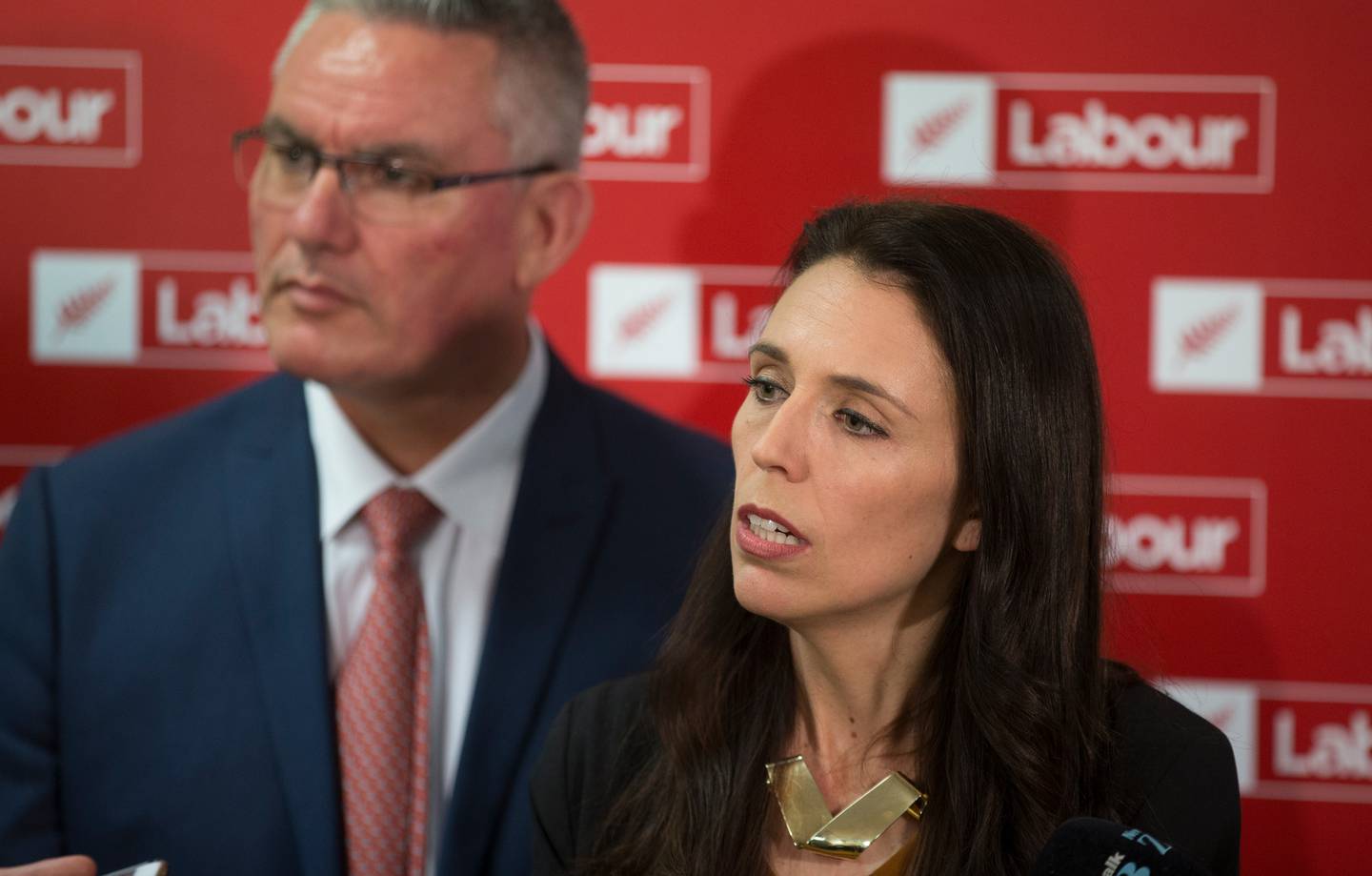
Currently it is Te Tai Tokerau MP Kelvin Davis but it is unclear if he wants to remain in the job, as his performance in the role has often been the subject of Opposition attacks.
Labour and National are holding their caucus meetings today in what will be a mix of sweet and bitter gatherings.
This morning Ardern said she had no intention in moving Davis from the deputy leadership but ultimately that would be a caucus decision.
"When it comes to the deputy leadership within the Labour Party, I have no intent in changing that. However, all of the role allocation I will work through over the next two weeks - those do go to a vote with our caucus."
Ardern and the Labour caucus had a celebration dinner in Wellington last night and squeezed into their old caucus room for perhaps the last time.
The caucus is now so big that Parliament's billiard room is likely to be converted to a new Government caucus room.
Ardern said she expected to announce any outcome of discussions with the Greens next week, and the following week she would finalise ministerial positions and expect the formal swearing-in process.
She again stressed the mandate given to Labour to govern alone, but wouldn't say whether she had ruled out a formal coalition with the Greens.
"We do have a very clear mandate but ... I'm interested in areas of cooperation where we can use the strengths that exist in their team."
She said a transformational government was one that brought about lasting changes rather than one that implemented radical changes.
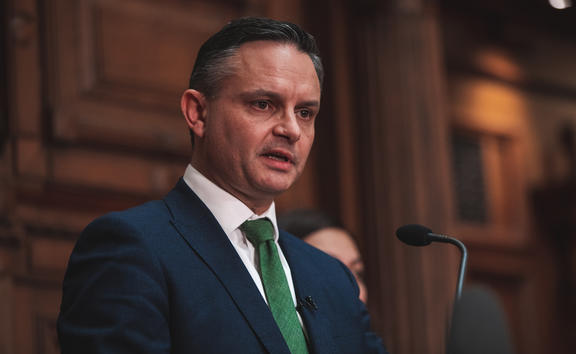
Ardern and her chief of staff, Rajesh Nahna, met Shaw, Davidson and the Green Party chief of staff, Tory Whanau, in preliminary talks.
The object was to talk about the future talks, rather than to begin negotiations.
There is clear resistance within Labour to enter into any power sharing arrangement - which coalition government entails - when the clear mandate from Saturday's election was for a Labour Government.
Neither Ardern nor Shaw would comment yesterday but Shaw has made it repeatedly clear that the party's preference was full coalition – as recently as last week in an interview with the Herald.
"Obviously, it depends on the numbers and the deal," said Shaw. "We want to keep the other options on the table but obviously the option that has the greatest influence is coalition.
But in her speeches since the election result was clear, Ardern has repeatedly referenced former National supporters who may have voted Labour for the first time ever and the mandate that Labour had won.
Ironically some of those who switched may have been indirectly encouraged by National leader Judith Collins in the final days of the campaign with her repeated warnings over a Green Party wealth tax.
Some National voters may have thought that was much less likely if Labour did not need the Greens in a coalition.
Ardern has said she wants to accelerate Labour's policy programme.
Any major policy decisions in the last Government required the support of all three parties, Labour and New Zealand First in coalition, and the Greens, which had a confidence and supply deal with Labour and three ministerial positions outside Cabinet.
But there are several other arrangements through which the Greens could win policy concessions, put up Budget proposals and have influence throughout the term of the Government, even if coalition is off the table.
It may or may not involve Green MPs as ministers.
Formal talks between Labour and the Greens are expected to begin later in the week or even next week.
With New Zealand First out of Government – and out of Parliament – Ardern can afford to promote another six Labour MPs to comprise a Cabinet of 20.
Labour won an outright majority on Saturday night with its 49.1 per cent bringing in 64 MPs out of 120 – 18 more than last election and 22 new MPs in total, including some replacing retiring MPs.
The Greens' 7.6 per cent gives it 10 MPs, two more.






